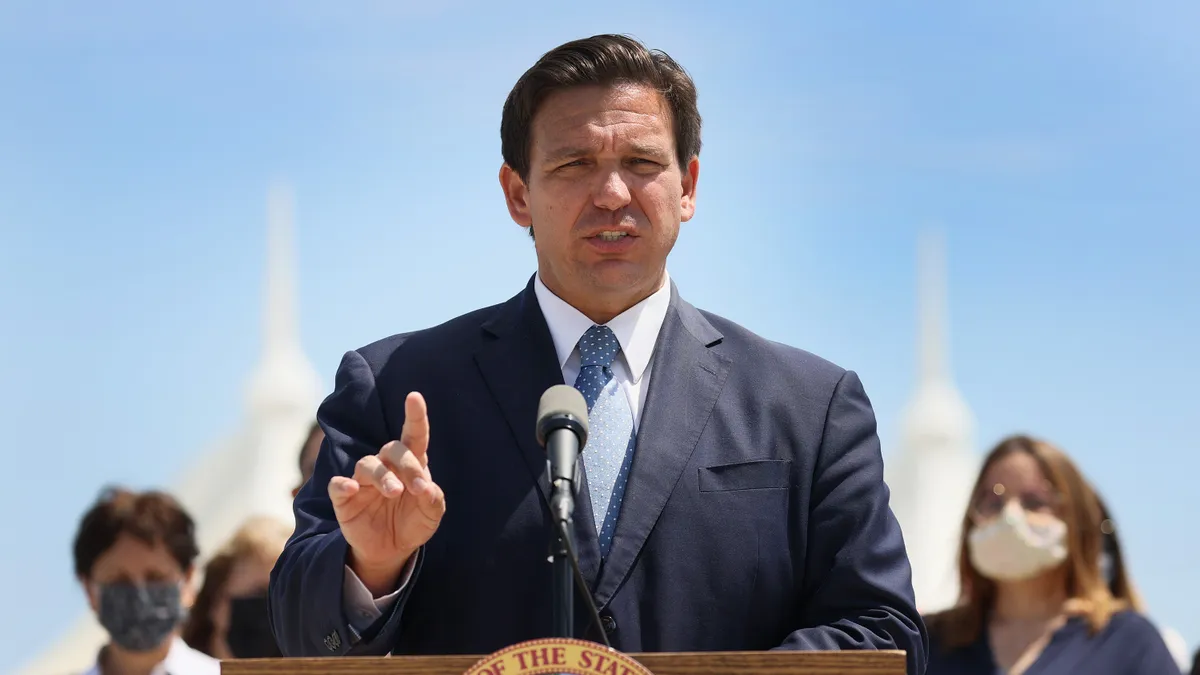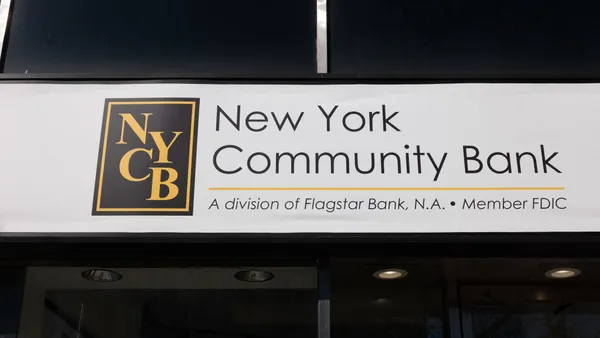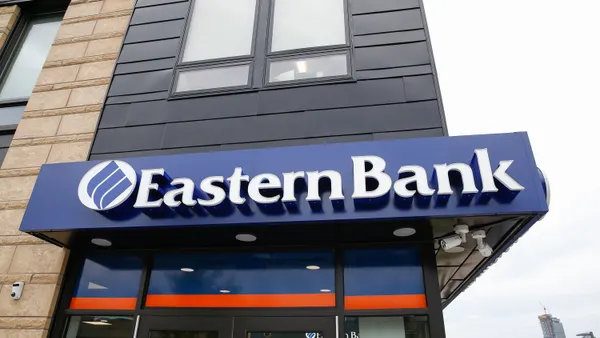St. Petersburg, Florida-based Climate First Bank is considering moving out of state, following the passage of a bill that penalizes state-registered banks from denying services to certain industries, such as oil and gas, or weapons manufacturers.
The environmentally focused de novo, which launched in 2021, bills itself as a “values based-bank,” focused on promoting sustainable business practices by providing banking services and loans to firm’s with a strong environmental, social and governance mission.
In response to the state’s new Government and Corporate Activism Act, which takes effect July 1, the bank nixed its exclusionary list, which outlined the sectors it has said it won’t do business with, such as the fossil fuel sector or other extractive industries.
To further comply with the law, signed by Florida Gov. Ron DeSantis last month, the bank eliminated all references to ESG on its website and in its internal dialogue, and replaced them with terms like “values, mission or corporate social responsibility,” CEO Ken LaRoe said.
The sweeping legislation, which also prevents state and local governments from factoring ESG in contract or investment decisions with specific businesses, has prompted extensive discussions at Climate First’s board and executive level about a possible relocation, LaRoe said.
“We can change to another state — different states have different requirements — so we'd have to investigate all of that. But yes, we're absolutely considering that,” LaRoe said.
Another option the firm is weighing is converting to a national charter, he said. The change would remove the bank from the purview of the Florida Office of Financial Regulation and place it under the Office of the Comptroller of the Currency.
Since the law’s signing, Climate First has yet to encounter a situation where it has been obligated to do business with a firm that doesn’t match the bank’s values, LaRoe said.
“No one's called and said, ‘Hi, gotcha. Now, you have to take this application.’ There's been none of that. And I really don't think there will be,” LaRoe said. “But if, for instance, a gun manufacturing company wants a loan, we now have to take the application and process it just like we would any other loan.”
Climate First, which represents LaRoe’s second environmentally focused venture, has had to turn away one business in the past, based on conflicting values.
The bank last year denied a request for a loan from a sod farm, a business whose practices fell under the bank’s exclusionary list, LaRoe said.
“It's a terribly extractive industry. We did have a request and we turned them down. They basically said, ‘OK, we understand.’ But we won’t be able to do that anymore” under Florida’s law, he said.
LaRoe, however, said the bank still plans to execute its core mission.
“We're not going to change our DNA. We were founded on the premise of changing finance to finance change and doing good, while concurrently returning market leading returns for our investors,” he said. “And I think at the end of the day, we are still that.”
LaRoe recalled how, in the early days of crafting the bank’s business plan and charter application, his CFO questioned whether the name, Climate First, was too combative a moniker for the yet-to-be-launched de novo.
“I said, ‘Absolutely not. It defines the business, our mission and our values and everything,’” he said. “Here we are, with the name Climate First Bank, squarely in the crosshairs, and I'm kind of proud of it.”
Climate First’s ESG stance has drawn flak in at least one other state. Kentucky placed the lender and 10 others, including JPMorgan Chase, Citi and BlackRock, on a divestment list — making it ineligible for new state contracts —over what Kentucky calls a “boycott” of energy companies.
Meanwhile, the bank has set its sights on several ambitious goals as it nears the end of its de novo period in June 2024.
Climate First, which completed a $35 million capital raise last week, plans to acquire a bank and pursue an initial public offering next year.
“We want to do an acquisition, operate the combined bank for a couple of quarters, and then go public,” LaRoe said.












